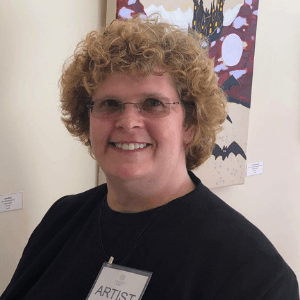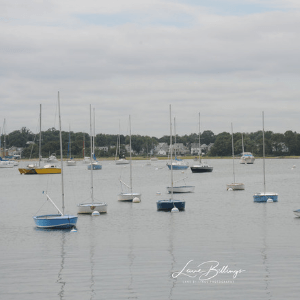 After leaving the hustle and bustle of Los Angeles and the film industry for the tranquility of Santa Fe, where she discovered photography as her life’s passion, Lane Billings was diagnosed with brain cancer. Read how Billings had to relearn everything, including photography, and discover the art of coping with brain tumor symptoms through a camera.
After leaving the hustle and bustle of Los Angeles and the film industry for the tranquility of Santa Fe, where she discovered photography as her life’s passion, Lane Billings was diagnosed with brain cancer. Read how Billings had to relearn everything, including photography, and discover the art of coping with brain tumor symptoms through a camera.
1. Please tell us about yourself.
My name is Lane Billings. I’m a photographer and a brain cancer survivor. I have always had an interest in the visual arts. I went to college for the visual arts, and then moved to Los Angeles to work in the film industry. I met and married my wife, Juliet, when we worked together on a travel blog. After we got married, we moved to Santa Fe to get away from the LA traffic and noise. I started photographing the vistas of Santa Fe. It was there that I was diagnosed with brain cancer in November 2014. By Christmas of that year, the tumor had to be removed or I would die.
2. How has a brain tumor impacted your life?
The surgery was successful, but I had to relearn everything, including walking, talking, writing, eating, and at one point, I went blind. I even had to relearn photography from the beginning. Sometimes I still have problems with numbers where I will get them jumbled up. My speech is shaky, especially when I get tired or upset, but I take it one day at a time.
3. How has photography help you cope with a brain tumor diagnosis?
 Photography is therapy for me. Two years ago my wife and I had to move from our tranquil home in Santa Fe to Boston for better medical care. It took a long time to recover. However, being on the North Shore, we’re now in an artsy community and have plenty of support for my photography on the North Shore. Much of my first photos after my brain tumor surgery and treatments have been of the North Shore.
Photography is therapy for me. Two years ago my wife and I had to move from our tranquil home in Santa Fe to Boston for better medical care. It took a long time to recover. However, being on the North Shore, we’re now in an artsy community and have plenty of support for my photography on the North Shore. Much of my first photos after my brain tumor surgery and treatments have been of the North Shore.
I have been fortunate to document my journey to relearn photography after my brain tumor diagnosis in my book, called “Shot for Shot”, which is available for free download.
I have seizures, so I have to take medication to manage those symptoms. On those days, I don’t shoot anything nor do I set hard deadlines for myself. If I can, I’ll shoot. I’m realistic about what I can do.
4. What would you like others to know about photography or any art form to help cope with a brain tumor diagnosis?
More than anything I hope art, such as photography, inspires you to follow your dreams and find your passion. Don’t wait and never give up. And, if you experience obstacles in your pursuit of your dreams, never give up hope.
5. How have you gotten involved with the American Brain Tumor Association?
While I was recovering from surgery, my wife found the American Brain Tumor Association’s online resources helpful. I currently sell some of my photographs where a portion of the proceeds goes to the ABTA. We feel the ABTA has supported us in our time of need, and we hope to return the favor by giving back.
